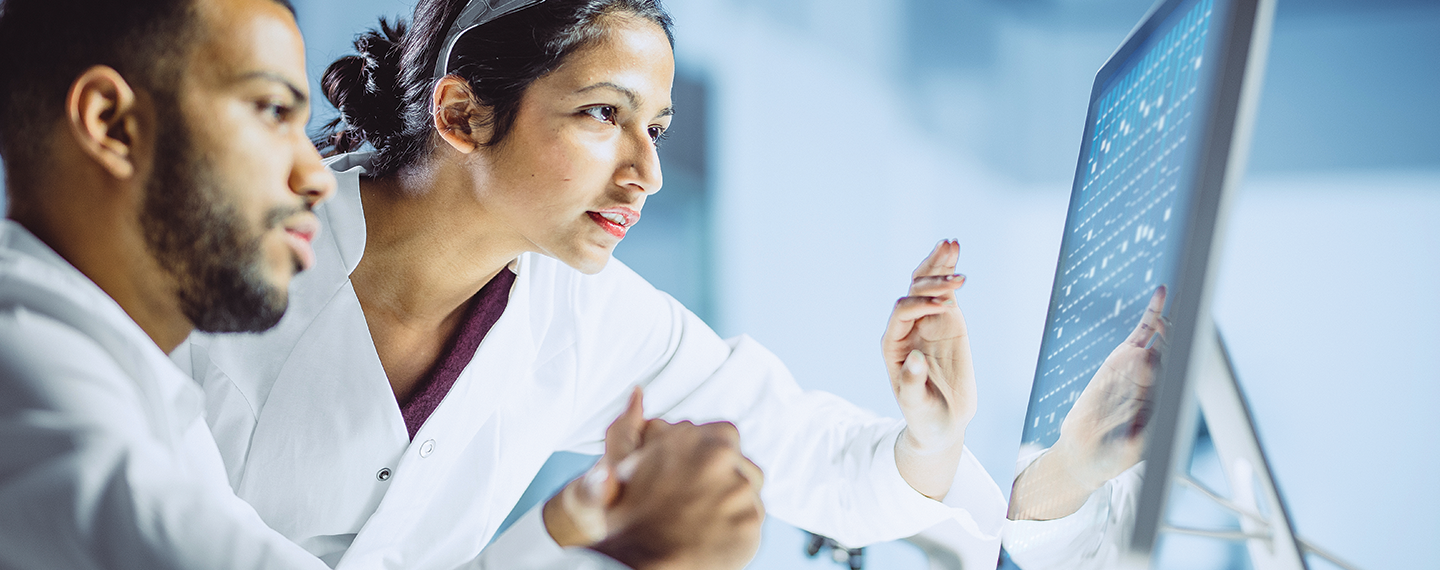Read a perspective from Benoit Guerette, U.S. and global inflammation platform lead, Medical Affairs, at Amgen, published on Healio.com, below:
Since the first biosimilar entered the U.S. market in 2015, the uptake has continued to increase as biosimilars gain significant share in the majority of disease areas where they have been introduced.1 Categorized as a highly similar version of a licensed biologic product (also known as reference product), a biosimilar must undergo rigorous evaluations and studies to prove it's as safe and effective as the reference product prior to approval. To date, 39 biosimilars have received regulatory approval, and 22 products have been launched worldwide.
Biosimilars require a distinct regulatory pathway to evaluate quality, efficacy and safety
The development and approval of biosimilars are unique because of their complex structure and specialized manufacturing processes. To be approved by the U.S. Food and Drug Administration (FDA), manufacturers must prove that biosimilars work the same way and do not have any clinically meaningful differences in safety or efficacy compared to the reference product.
To learn more about biosimilar manufacturing, read the full article at Healio.com.
References:
- 2022 Biosimilar Trends report. Amgen Biosimilars. Retrieved December 6, 2022, from https://www.amgenbiosimilars.com/commitment/2022-Biosimilar-Trends-Report





